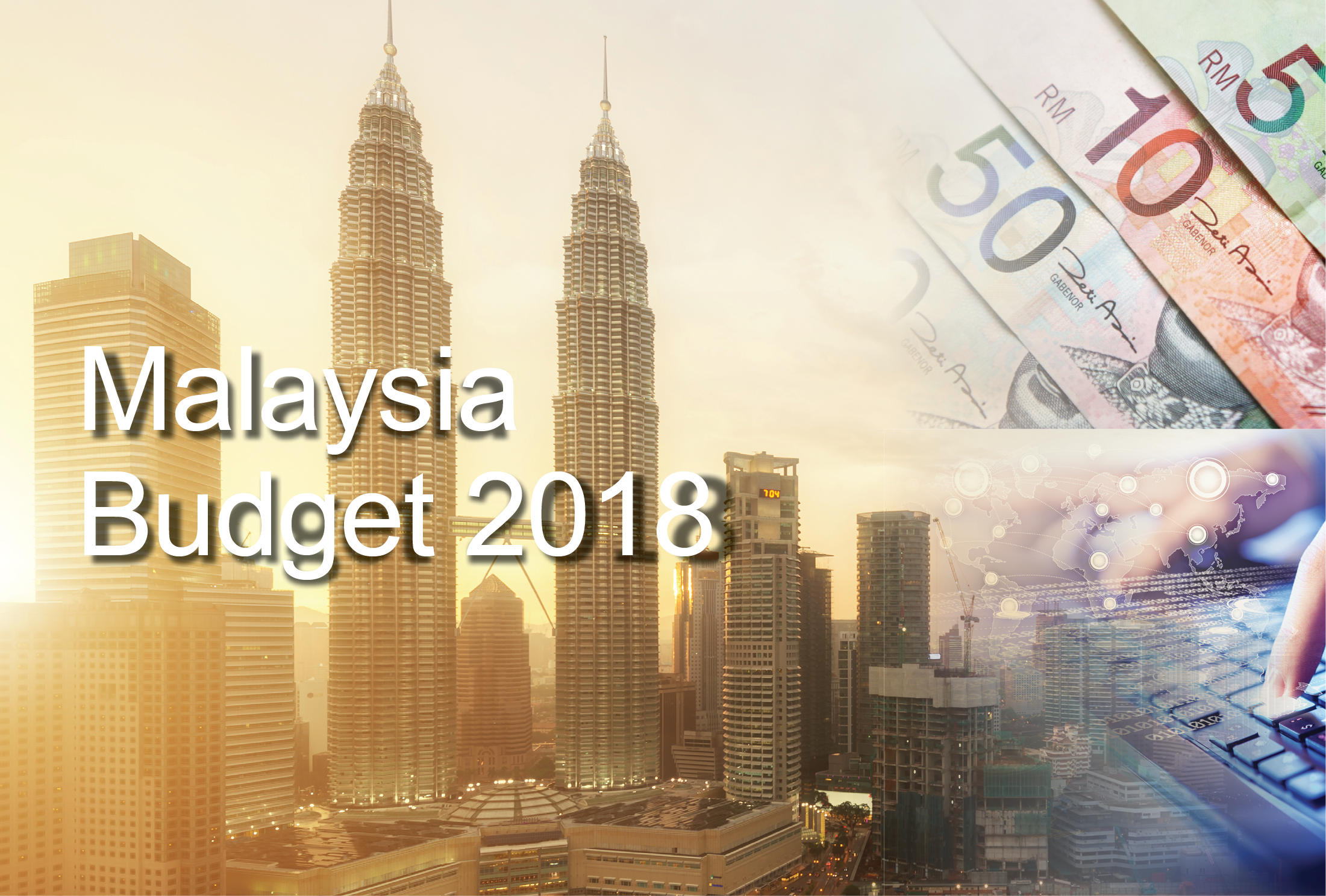Suggested Reading:
Under the previous administration, Malaysia transitioned from the old Sales and Services Tax (SST) to the existing Goods and Services Tax (GST). Following the Malaysian General Election 2018, the new government decided to abolish the GST and revert to the SST regime. In line with this decision, the government imposed zero rated GST effective 1 June 2018 before transitioning into SST.

Malaysia is projected to experience slower economic growth at a rate of 5% to 5.5% in 2018, as compared to 2017’s 5.2% to 5.7%. The Federal Government revenue collection for 2018 is estimated to be RM239.86 billion (S$79.8 billion) while allocating RM280.25 billion (S$93.25 billion) for spending, with a targeted fiscal deficit at 2.8% of GDP.
Transitioning from GST
By Baker Tilly Malaysia
Sweeping changes are being made in Malaysia under its new premier, Tun Dr. Mahathir Mohamad. Chief amongst these is the decision to repeal the Goods and Services Tax, or GST. GST had been zero rated with effect from 1 June 2018 with the intention of getting it repealed by September 2018. The newly installed government intends to replace it with the reintroduction of the Sales and Service Tax (“SST”) in September 2018.
The current GST “holiday” has temporarily improved consumer sentiment, whilst also allowing GST input tax suffered to be repaid in the system during the zero-rating period. It is still being carefully observed whether actual prices of goods and services will show a reduction. During the transitional period, businesses are still required to submit their GST returns, continue issuing tax invoices, comply with all obligations under the GST Act 2014, provide all documents and maintain records as requested by the Royal Malaysian Customs Department (“RMCD”) for audit purposes.
GST was a broad-based tax system that covered almost the entire supply and value chain, affecting every industry and sub-sector. On the other hand, SST is a single-stage tax. Sales Tax is charged and levied at the importers and manufacturers level. It has been proposed that the Sales Tax rate on goods imported and manufactured would generally be set at 10%. The proposed Service Tax rate is fixed at 6% on the proposed list of taxable services issued by RMCD which is generally applicable to companies that meet the RM500,000 annual revenue threshold requirement.
The Sales Tax Bill 2018 and Service Tax Bill 2018 had been made available to the public on 1 August 2018 and was passed in the lower house of parliament on 7 and 8 August 2018 respectively. Included therein are the Savings and Transitional Provisions to cater for the transition from the GST Act 2014 to the SST enactments. The said SST Bills are expected to be passed in the upper house of parliament sometime in August 2018. It was proposed that the SST be implemented effective 1 September 2018.
For more information on GST, Sales Tax and Services Tax in Malaysia, please contact Baker Tilly Malaysia tax professionals, Anand Chelliah at anand.chelliah@bakertillymh.com.my or Marcus Tan at marcus.tan@bakertillymh.com.my.
>> Back to The Salient Point>> Main Page
DISCLAIMER: All opinions, conclusions, or recommendations in this article are reasonably held by Baker Tilly at the time of compilation but are subject to change without notice to you. Whilst every effort has been made to ensure the accuracy of the contents in this article, the information in this article is not designed to address any particular circumstance, individual or entity. Users should not act upon it without seeking professional advice relevant to the particular situation. We will not accept liability for any loss or damage suffered by any person directly or indirectly through reliance upon the information contained in this article.

